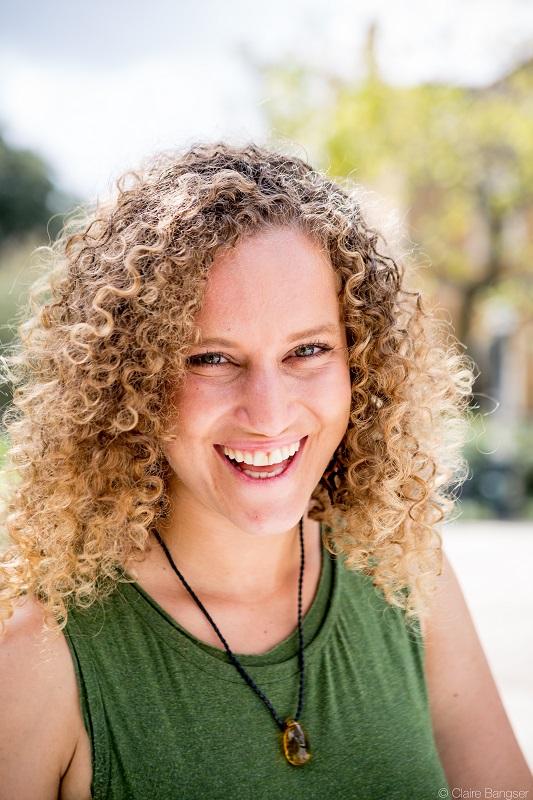
“My topic for my Masters at Tulane was indigenous language education, and [for my PhD] I'm currently looking into how I can expand that into cultural rights related to land rights of this community in Brazil, called Ka'apor. I'm researching language education as a form of cultural resistance to hegemonic linguistic practices. [In Ka'apor] they speak the language that is the same name as their community: Ka'apor. It's only spoken by 2,000 members of their community and everyone still speaks it in the home and in the community in their demarcated territory. I'm so fascinated by how that is all changing now. They recently introduced internet and that sort of connection, so I see this as a way for me to learn more, educationally, and then also to look into education as a way to encourage autonomy among groups that have been oppressed historically. And so that's my nerd angle. Of course it's all complicated by the fact that I am a white foreigner going in to do the work, right? But I really embrace that challenge of 'Okay, relations with indigenous groups and researchers have not been even and equal in the past, and for the past 20 years or so, researchers have been trying to make it more equal. I want to go out there and do the work.' I'm going to mess up and make mistakes, but the learning experience and what that could bring to the field could be really interesting and hopefully change some paradigms and dynamics.”
“I was stressed for many years thinking like I'm supposed to get a 'real job.' I should move to D.C. and work in international development or some job where the lifestyle is to go to an office and to have meetings and abstractly try to figure out the answers to on-the-ground issues. Coming from an upper middle class background, there's the pressure to do something prestigious, to do something that pays well, to do something 'big' or important, you know? But determining what to do with those pressures and how to combine lifestyle with the impact one wants to have in the world, it's important to understand that there are many different ways of getting there. You can try something and then be inspired by what you're doing in that moment and see how that takes you to another thing. The way I'm living my life is that I live very fully in the moment and then I decide where I'm moving next based on the present experience. And so I can trace this linear thread of where my interests piqued and then where I went with that. I studied abroad in Brazil in college. After that, it was 'How can Icome back to live in Brazil?' So with that in mind I went to Brazil to teach English after undergrad, which I did as a side job to like make a connection to my interest of working with international people while making money. We were at the small university in the Amazon, and I really was interested in exploring intellectually, 'What are people doing? How do people see things?' Through a researcher there, a linguist there, I got connected to this indigenous group in Brazil called Ka'apor. I maintained connections with them. And the only American researcher who has ever worked with them is a anthropologist at Tulane... So here I am.”
